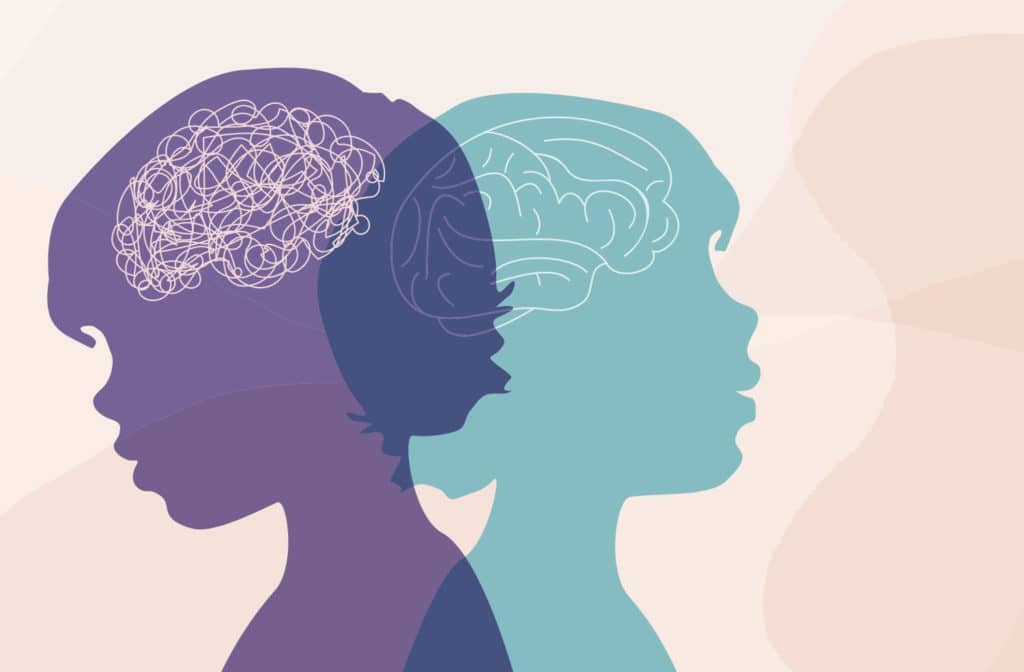Look, I get it. You’re trying to navigate the complex world of ADHD in children, searching for answers, and hoping to give your child the best possible start. Maybe you’re considering ADHD medication, or maybe you’re looking for ways to support them alongside it. As a therapist who’s worked with countless families dealing with childhood ADHD, and as someone who deeply understands the nuances of the ADHD brain, I can tell you this: a holistic approach is key.
Medication can be a valuable tool in ADHD treatment, but it’s not the whole story. What we put into our bodies (ADHD diet, ADHD nutrition), how we move them (ADHD exercise), and how we rest them (ADHD sleep)—these foundational elements have a profound impact, especially for kids with ADHD symptoms. It’s like building a house; you need a solid foundation before you can add the walls and roof.
Fueling the Fire: Nutrition for ADHD Brains
Think of food as fuel for your child’s brain. We’re not just talking about calories; we’re talking about the quality of that fuel.
•Blood Sugar Balance (ADHD and sugar): Imagine your child’s energy levels on a rollercoaster. Sugary, processed foods create those dramatic spikes and crashes, leading to irritability, fidgetiness, and ADHD focus problems. Opt for low glycemic index foods, lean proteins, and healthy fats. Think steel-cut oats, eggs, and fruits.
•Food Sensitivities (ADHD food sensitivities): I’ve seen firsthand how eliminating common culprits like dairy, wheat, or artificial dyes (ADHD and food dyes) can transform a child’s behavior. It’s like lifting a fog. Try a gentle elimination diet, adding foods back one by one to pinpoint triggers.
•The Power of Protein (ADHD and protein): Protein is the steady, reliable fuel source your child needs. It provides sustained energy and supports focus.
•Supplement Support (ADHD supplements): Fish oil (ADHD omega 3), with those crucial omega-3s, can be a game-changer. Iron, Vitamin D, Zinc, and Magnesium can also play a role. But always talk to your child’s doctor before introducing supplements.
Moving Mountains: Exercise and the ADHD Brain
Exercise isn’t just about burning calories; it’s about regulating the brain. It’s like hitting the reset button.
•The ADHD Brain Loves Movement (ADHD and exercise benefits): Even a short burst of aerobic exercise can improve attention and focus. It’s like releasing pent-up energy and clearing the mental clutter.
•Find What Fits (ADHD sports): Whether it’s swimming, martial arts (ADHD martial arts), or just running around the backyard, find an activity your child enjoys. Tie it to screen time if you must.
•Nature’s Therapy (ADHD and nature): Time spent in nature has a calming effect, reducing ADHD symptoms in children. Let them explore, climb trees, and breathe fresh air.
Restoring Balance: Sleep and the ADHD Brain
Sleep is the unsung hero of mental health. For kids with ADHD and sleep problems, who are already prone to sleep disturbances, it’s even more critical.
•Create a Sleep Sanctuary (ADHD sleep routine): A consistent bedtime routine, a dark and quiet room, and no screens before bed are essential.
•Melatonin Magic (ADHD melatonin): A small dose of melatonin can sometimes help, but talk to your child’s doctor first.
•Address Underlying Issues (ADHD sleep study): If sleep problems persist, don’t hesitate to seek professional help. A sleep study or behavioral therapy can make a world of difference.
Navigating the Digital Landscape: Screen Time and the ADHD Brain
Screens are a double-edged sword. They can be engaging and educational, but they can also be overwhelming and addictive (ADHD and screen time).
•Set Boundaries (ADHD screen time limits): Establish clear limits on screen time. And be a role model! Put your own phone down.
•Quality Over Quantity (ADHD and video games): Not all screen time is created equal. Building something in Minecraft is different than endless scrolling.
•Digital Detox (ADHD digital detox): Consider a digital detox to reset your child’s brain. It’s like hitting the refresh button on their nervous system.
Beyond the Basics: Supporting Your Child’s Well-being
•Behavioral Support (ADHD behavioral therapy, ADHD parent training): Parent training and cognitive behavioral therapy can teach valuable coping skills.
•Stress Management (ADHD stress management): Help your child identify and manage stress. Focus on their strengths, create a positive family environment, and don’t overload their schedule.
Remember, you’re not alone in this. It’s a journey, not a destination. And with a holistic approach, you can help your child thrive.

